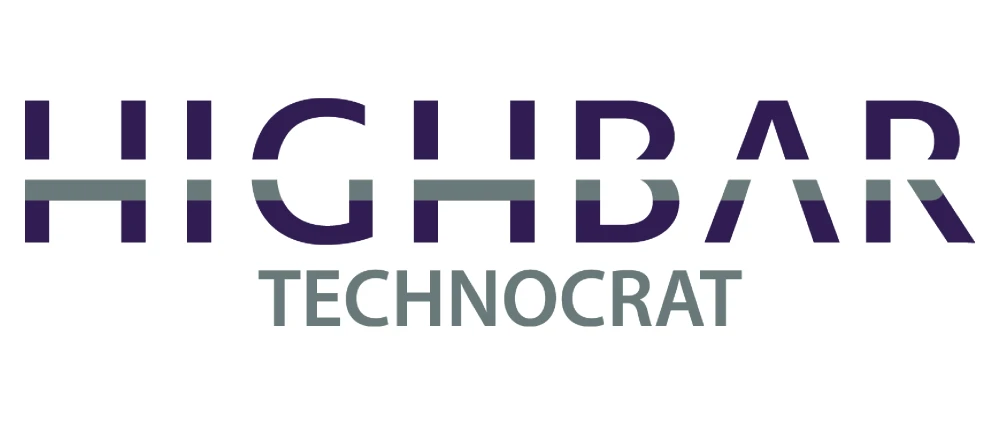
The Indian real estate and infrastructure sector are no longer exempt from the disruptions of the new-age technologies. Traditional ways of construction are quickly being displaced as developers aim to become more agile to save time and cost by offering more robust and even smart real estate structures that stand the test of time and harsh conditions.
Technological trends like the Internet of Things (IoT) have actively shaped the Indian real estate and infrastructure sector in the last few years. The pandemic further intensified technology’s penetration in the sector to ensure business continuity, hence bringing the resisting developers under the umbrella of innovation and technology. This has resulted in real estate making inroads with a multitude of new-age technological developments and innovations that are bringing about some fundamental change that will reshape the industry forever.
Necessity is the mother of innovation
The current pandemic-induced recession has become a golden opportunity for Engineering, Construction and Infrastructure enterprises (EC&O) to accelerate their digital transformation. Compared to other sectors globally, real estate has been lagging in productivity for decades now.
Findings from McKinsey’s annual report reflect that yearly productivity growth in engineering and construction has averaged just 1 per cent over the past two decades, compared with a 3.6 per cent and 2.8 per cent growth rate for the manufacturing sector and the global economy, respectively.
Another research in the US revealed that a tenth of material purchased for construction is wasted, 30 per cent of all construction is reworked, 90 per cent of projects are delayed, and 40 per cent of job site work is unproductive. This results in 40 per cent of projects going over budget. The scenario is not so different in India and is compelling developers and contractors to embrace technology.
Technology enhances the survival of infrastructure players
The industry desperately needs to go beyond the convention by employing modern technologies, including data-based 3D models, cloud-based on-site and off-site project coordination and communications, and constructible building information modelling (BIM) for planning and error-free construction. It is estimated that full-scale digitization in non-residential construction alone could lead to annual savings of between $700 billion and $1.2 trillion. These savings will pump fresh blood into the struggling real estate sector resulting in higher wages to help nurture and retain human capital.
Automation, IoT and robotics will also play a crucial role in reviving the economy while ensuring an uninterrupted construction process. Greater adoption of digitized workflows across all stages of construction, from design and planning to engineering and onsite work, will be vital in overcoming the downturn most real estate firms are currently experiencing.
The era of sustainable infrastructure development
Global commitments to contain greenhouse emissions are compelling construction businesses to switch to more sustainable methods. Given that the global construction industry is estimated to emit 35 to 45 per cent of CO2 released into the atmosphere, it’s high time the industry takes on the burden to combat climate change.
Construction development and logistics are the biggest contributors to this number. A conventional construction project typically sees a constant flow of vehicles for material delivery and collecting waste. Construction sites can systematically reduce this through a supply management system by scheduling their traffic. Harnessing subcontractor data to reduce vehicular frequency on multiple sites, avoid peak times, and reduce extra deliveries/double-handling will further enhance project stability while improving sustainability.
Prefabricated construction is another way to cut wastage up to 90 per cent compared to traditional building methods. Modernised prefabricated elements and smart resource planning are designed to reduce wastage and enhance sustainability, using advanced data analytics to design homes with optimal storage and energy usage. Using materials that maintain a comfortable temperature also reduces excessive heating or cooling to ease climate change.
Leveraging technology for safer construction
The pandemic has created a critical need for safer, faster and more reliable construction workflows. Projects need controlled building sites with more structured supervision, which will create a safer environment and fulfil the necessary social distancing mandates.
Technology can be used to secure safe processes by analysing daily activities and worker movement. This system can be applied to separate individuals or groups of people. Digital technologies like GPS-enabled devices and geo-fencing can help monitor people across the sites and initiate alerts when people get too close or sites get clogged with workers.
Developers who have already jumped on the technology wagon are experiencing much ease and reaping the benefits, avoiding cost leakages and maintaining order in a relatively low economic activity. The labour-intensive construction sector will now have to shift its focus to automation without hampering construction work.
Before the pandemic, digital solutions were primarily used to ensure construction efficiency, meet deadlines, and enhance project profitability. However, the post-pandemic reality will push for digital transformation to resolve the particular challenges posed by COVID-19 and construct a smart future for the real estate industry.
Highbar Technocrat is one of the leading end-to-end IT solution provider for the Infrastructure, EC&O, Real Estate, and Power sectors. They are SAP Gold partner and offer a wide bouquet of digitally integrated solutions ranging from implementing SAP-based ERP solutions like S/4HANA, RISE, Cloud-based solutions to 5D BIM for mega infra-projects, RPA & IoT solutions, and many more. With an in-depth understanding and core competence of the construction & infrastructure industry, Highbar has demonstrated expertise in the Private, Public, and Government sectors covering roads, ports, smart cities, airports, railways, irrigation, power, water supply, as well as urban and industrial infrastructure like telecom, manufacturing, and mining sectors. Highbar is the perfect blend of domain knowledge in the infrastructure business with a team that is well equipped to understand and relate to the requirements of the sector.
To know more write us at enquiry@highbartech.com or call +91 8976711399

Written by — Mr. Ashok Wani, Head Teachnology & Innovation, Highbar Technocrat Limited




